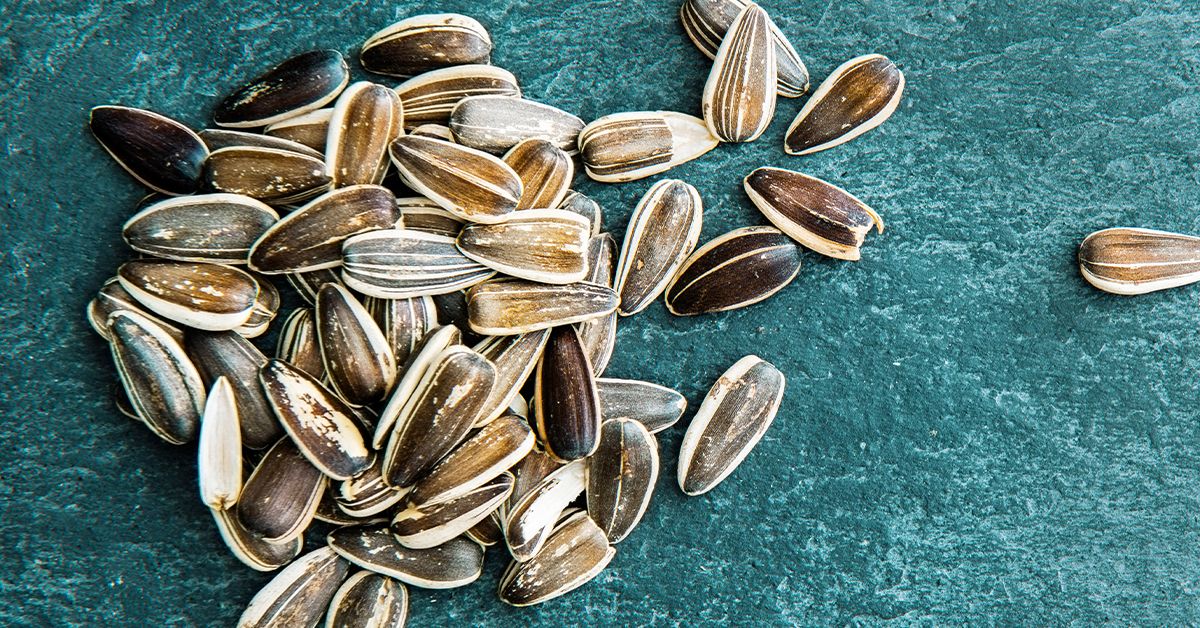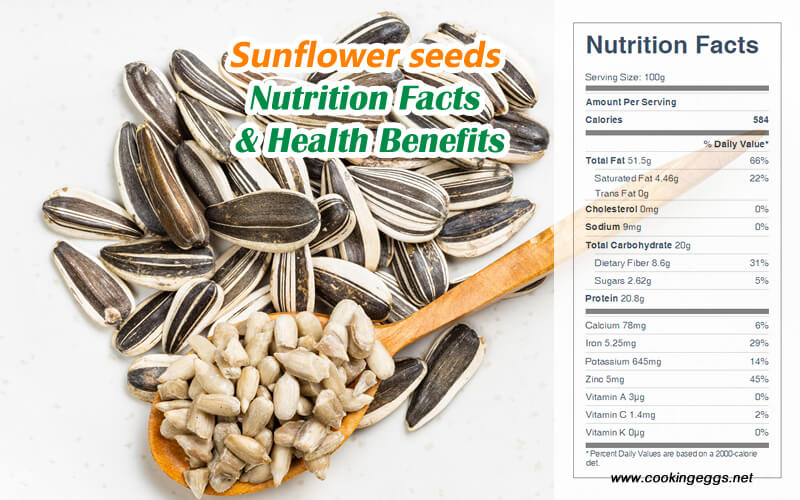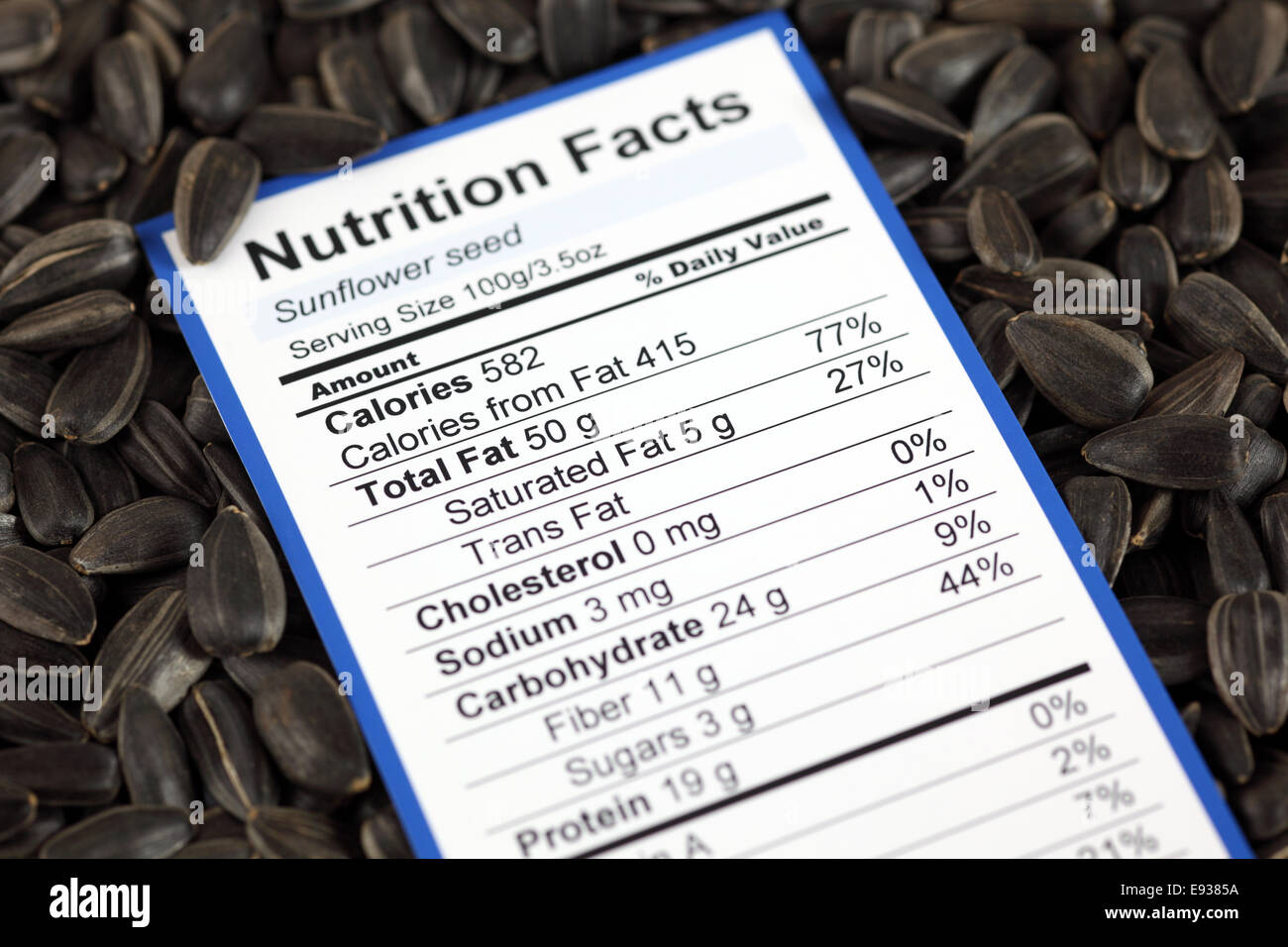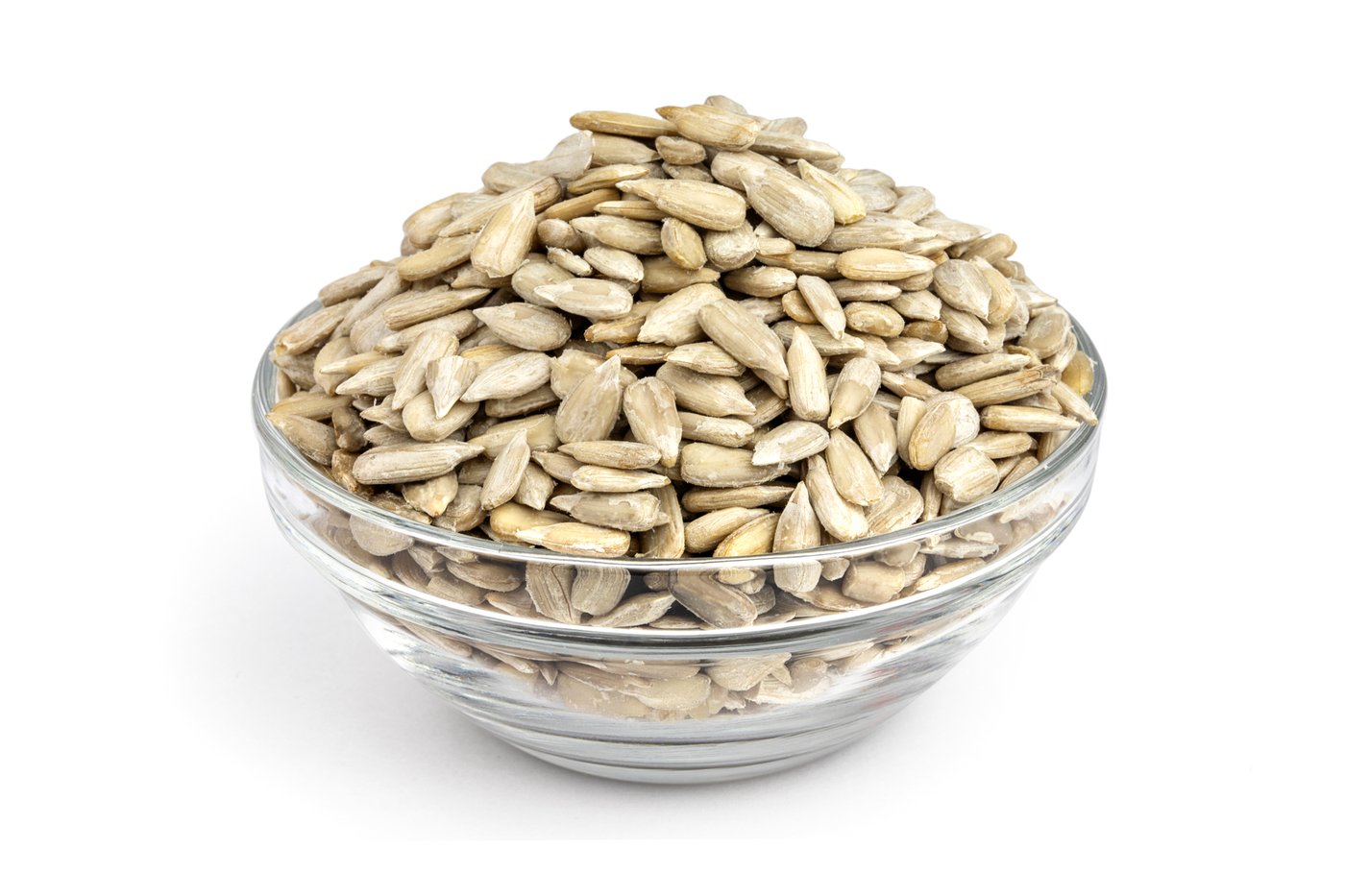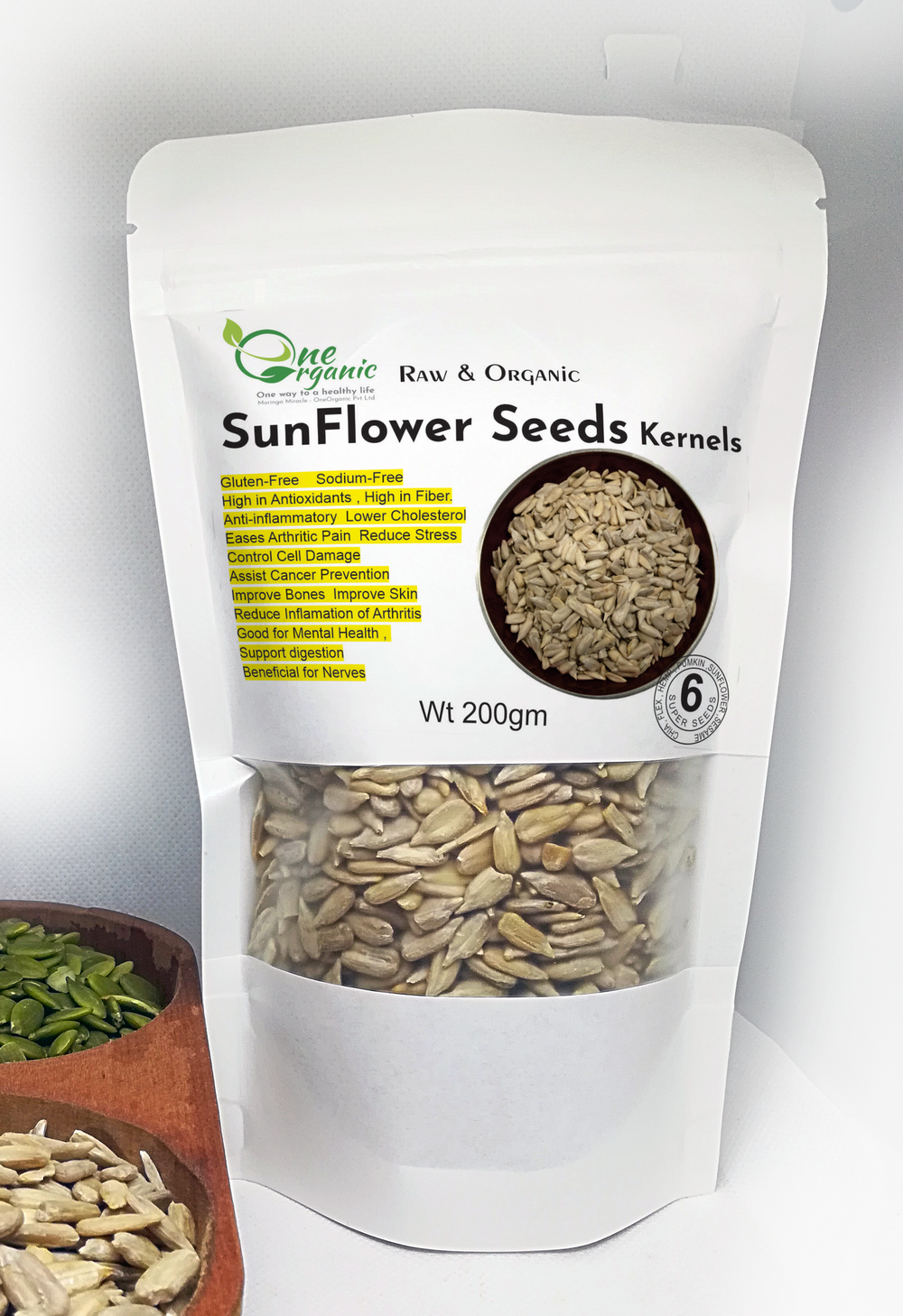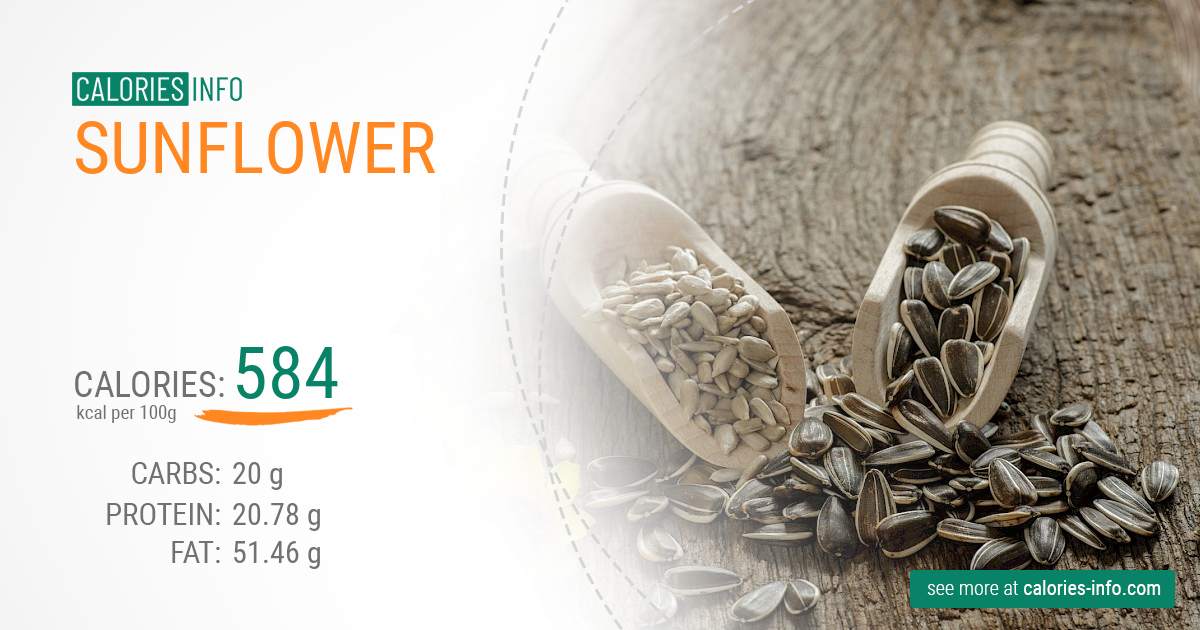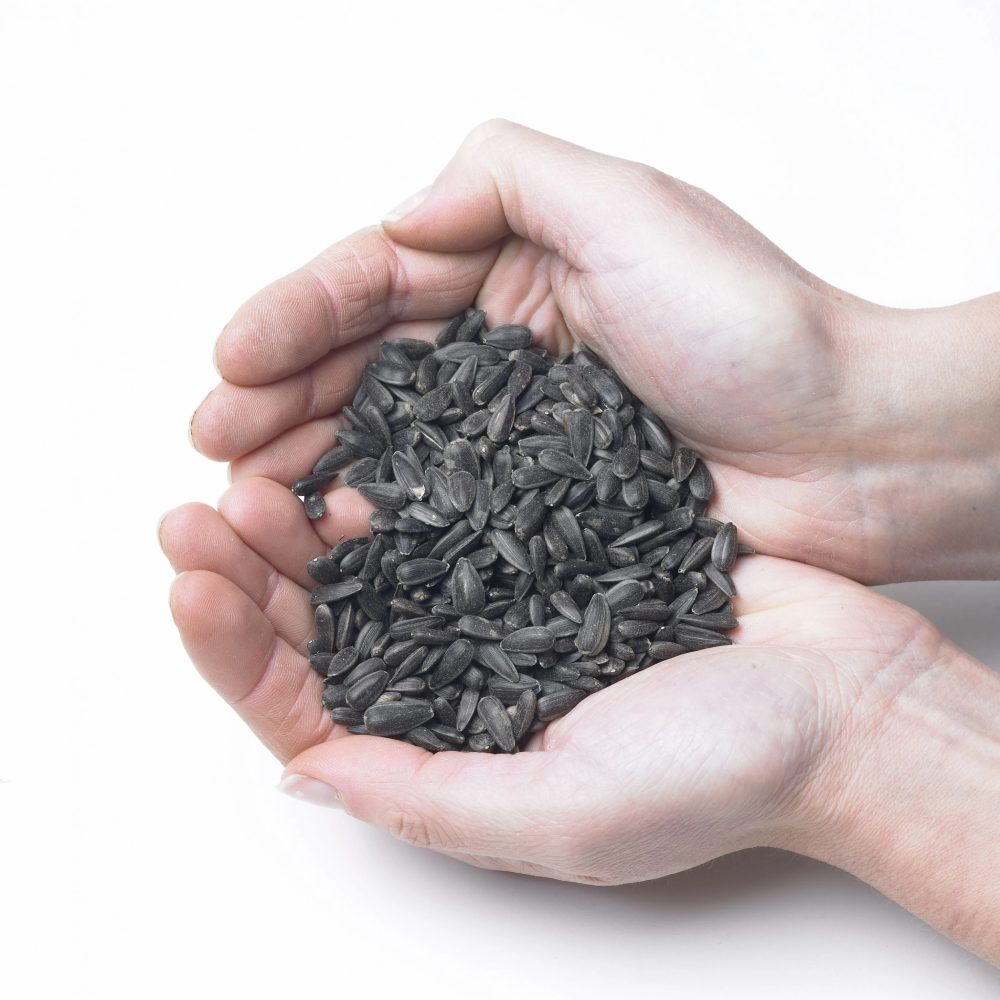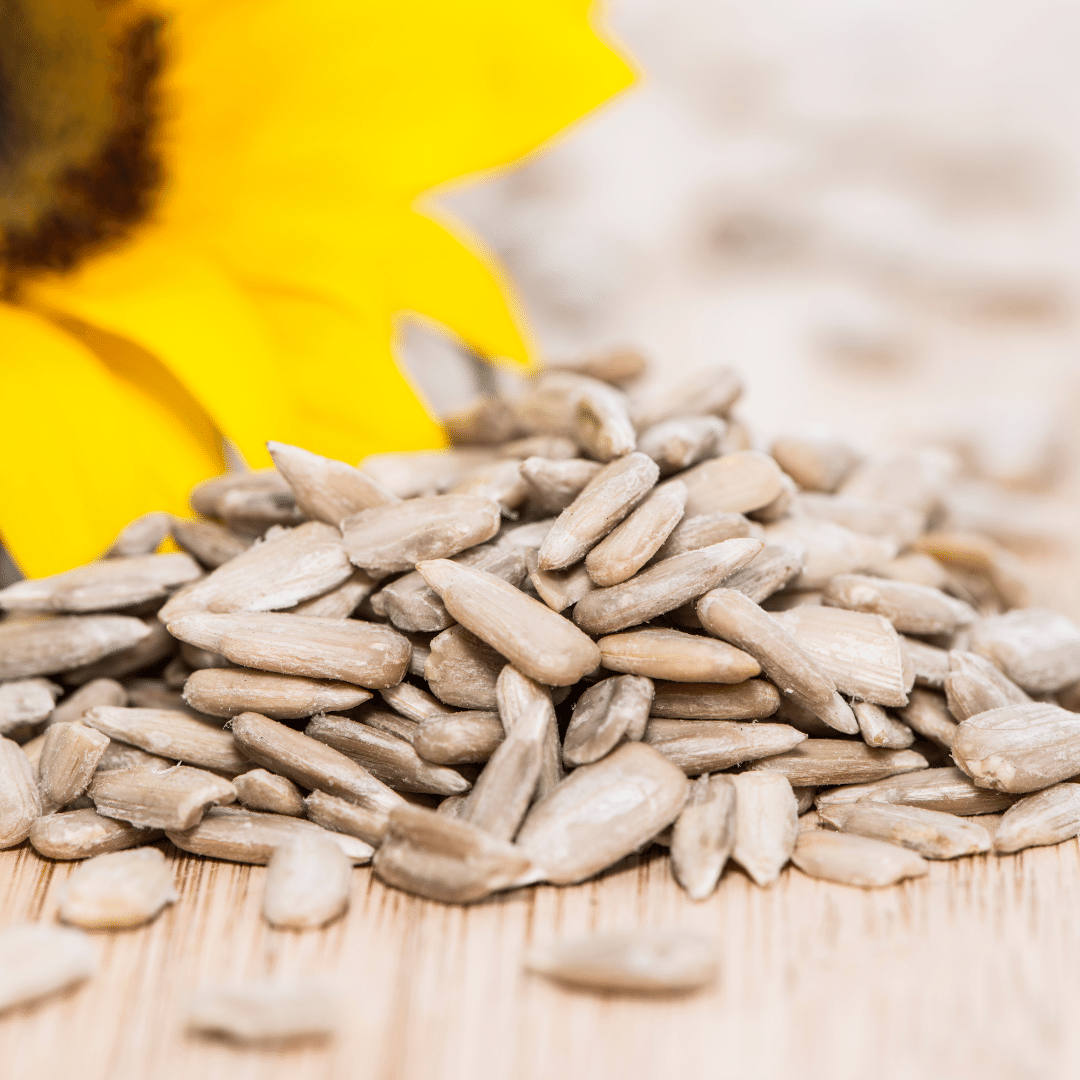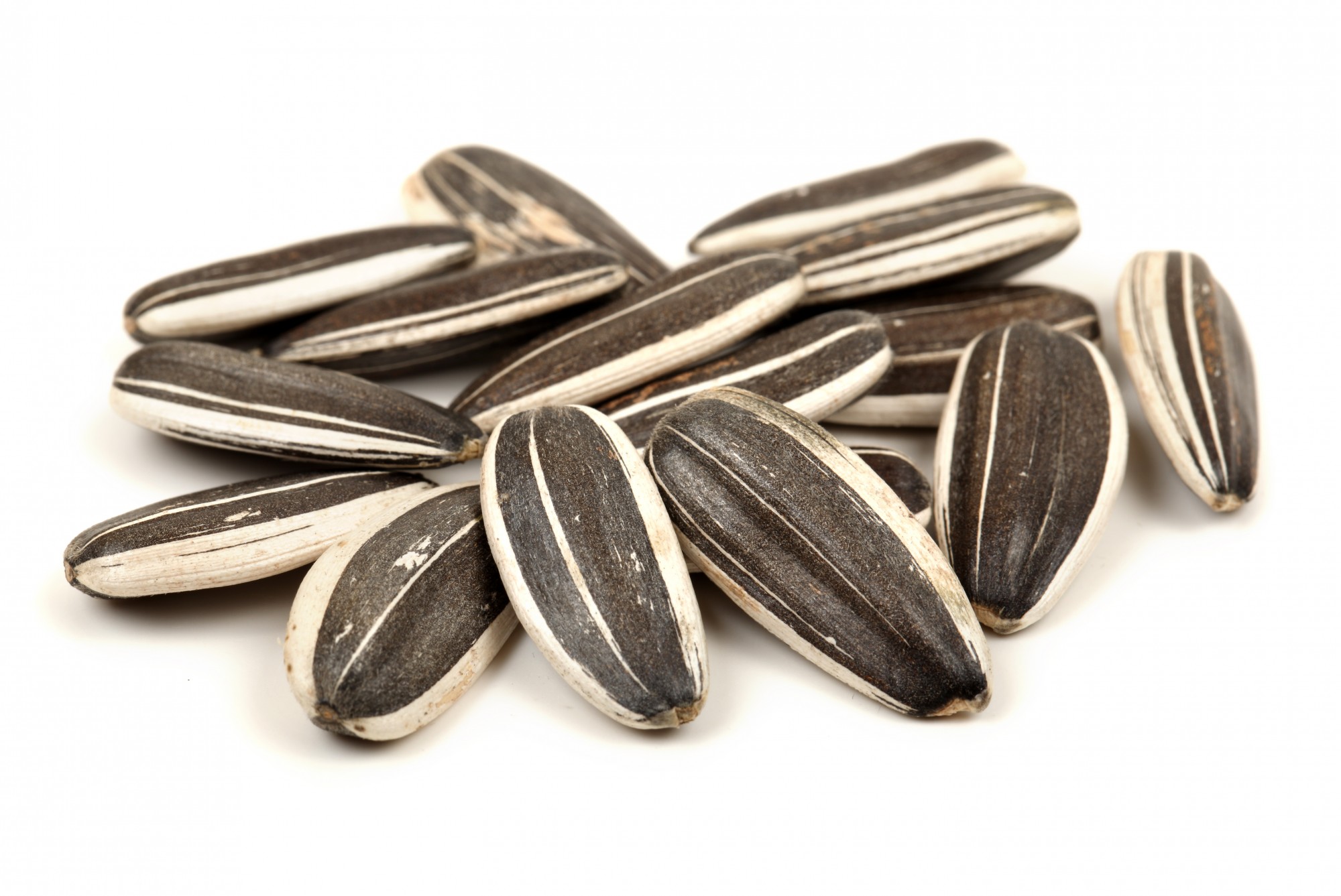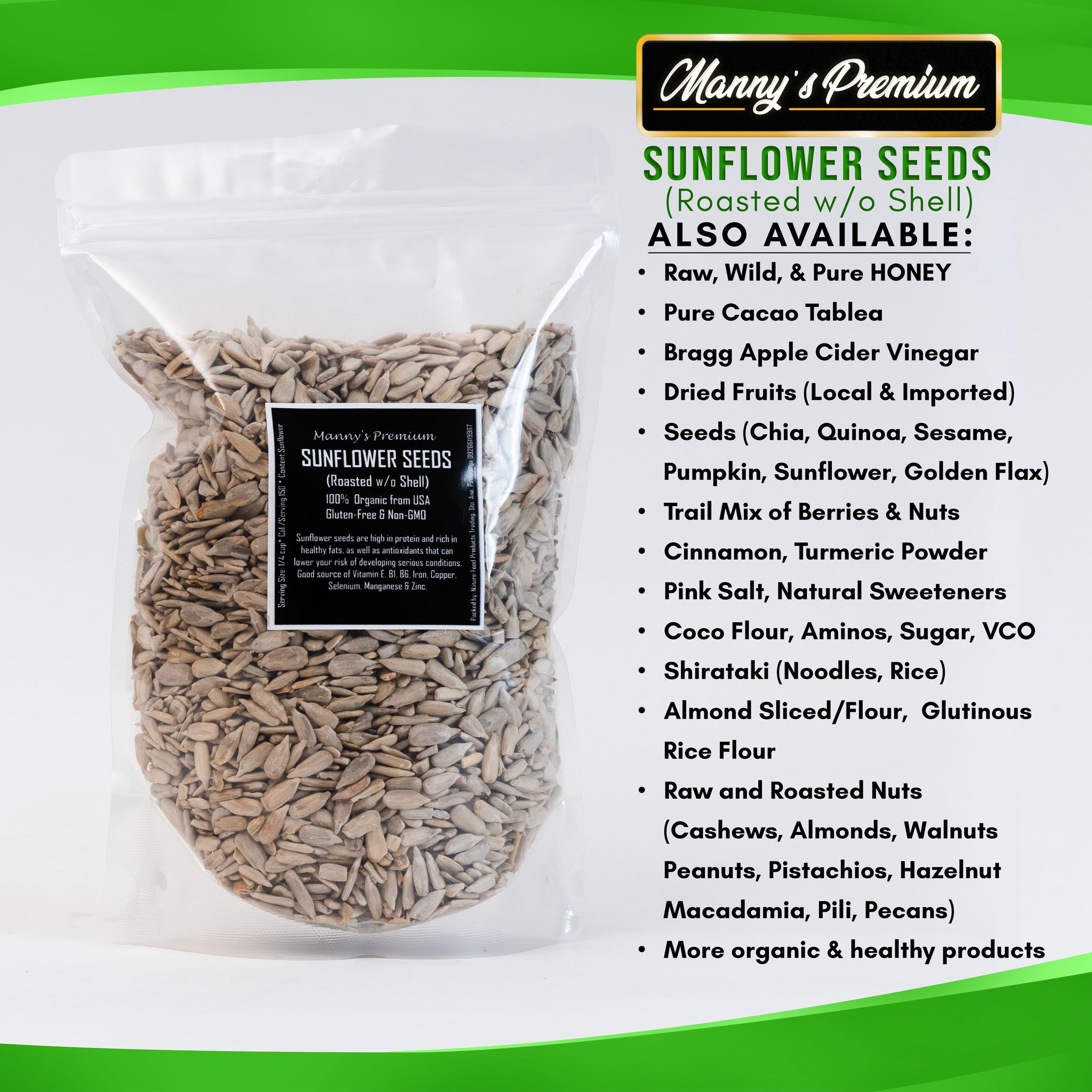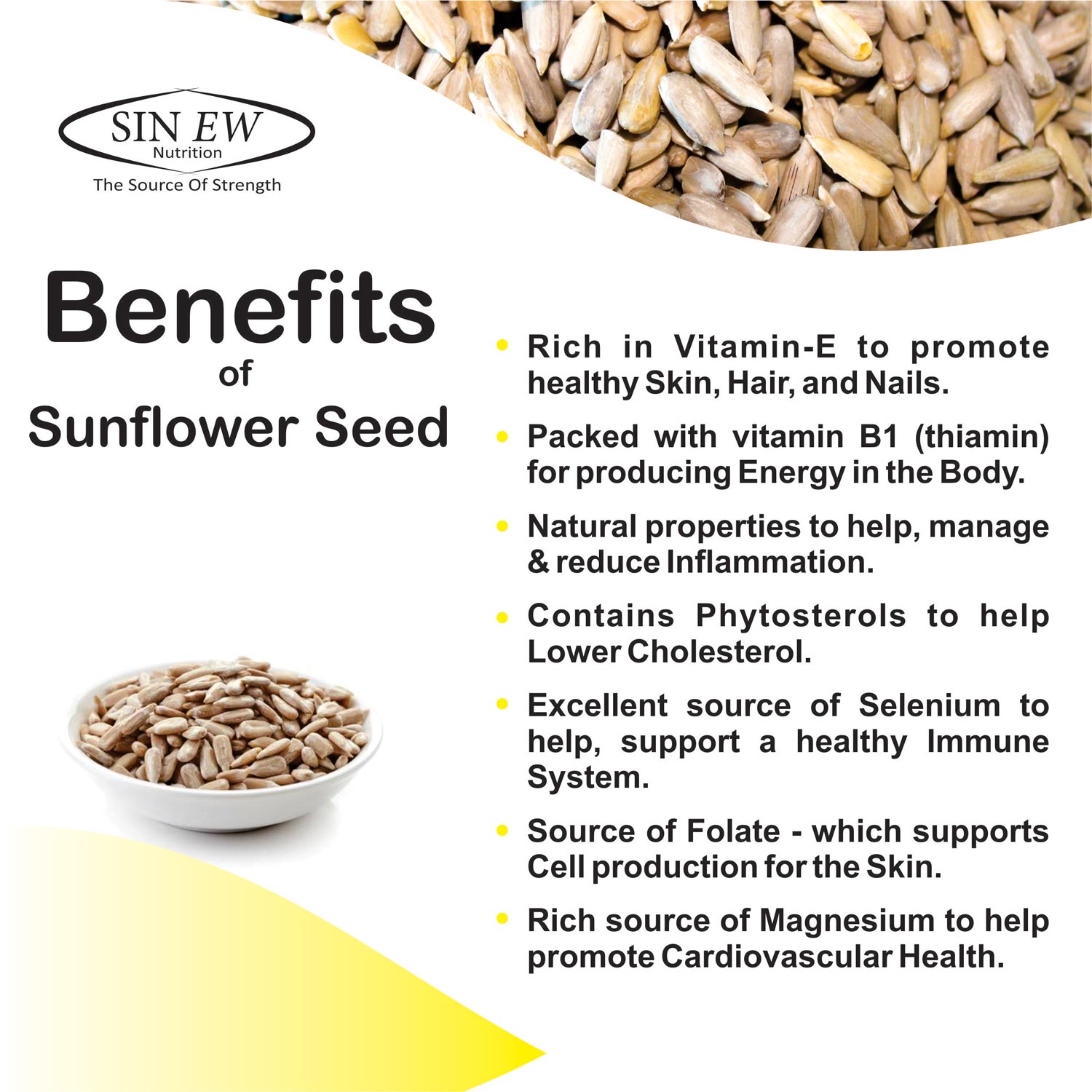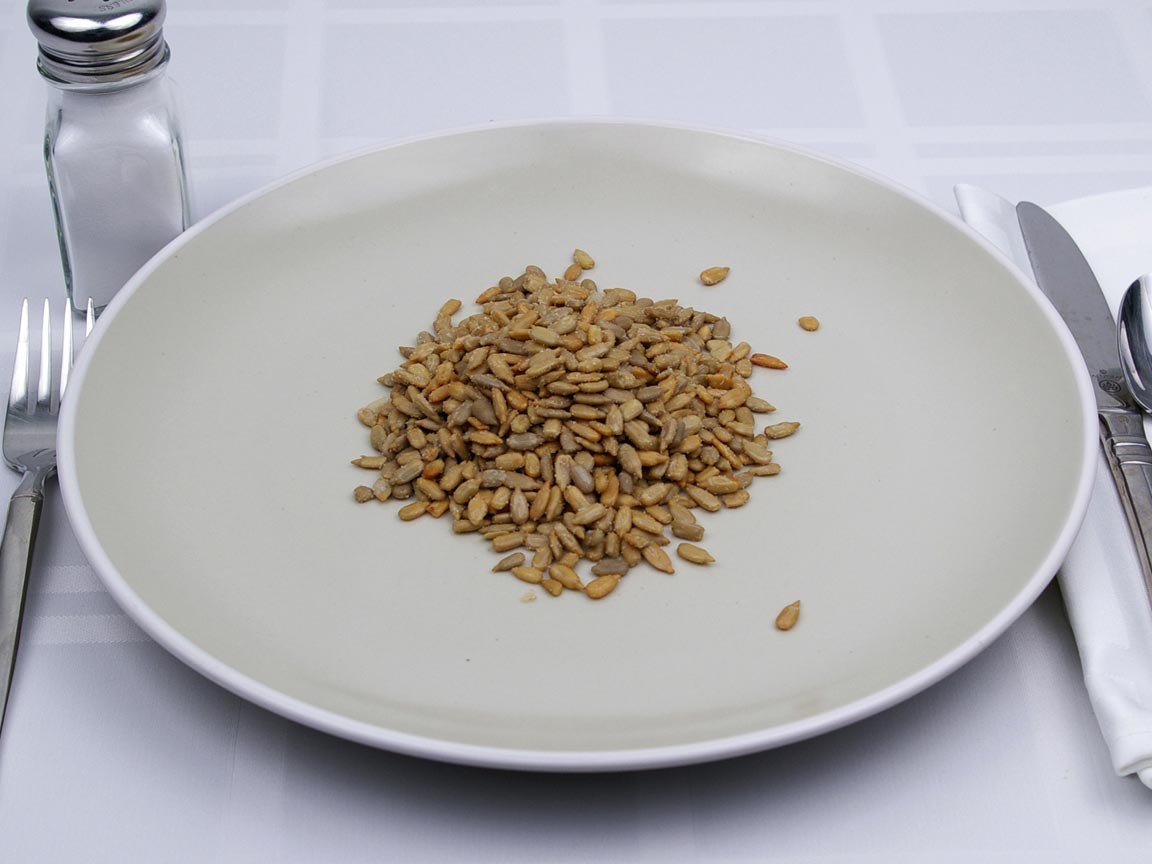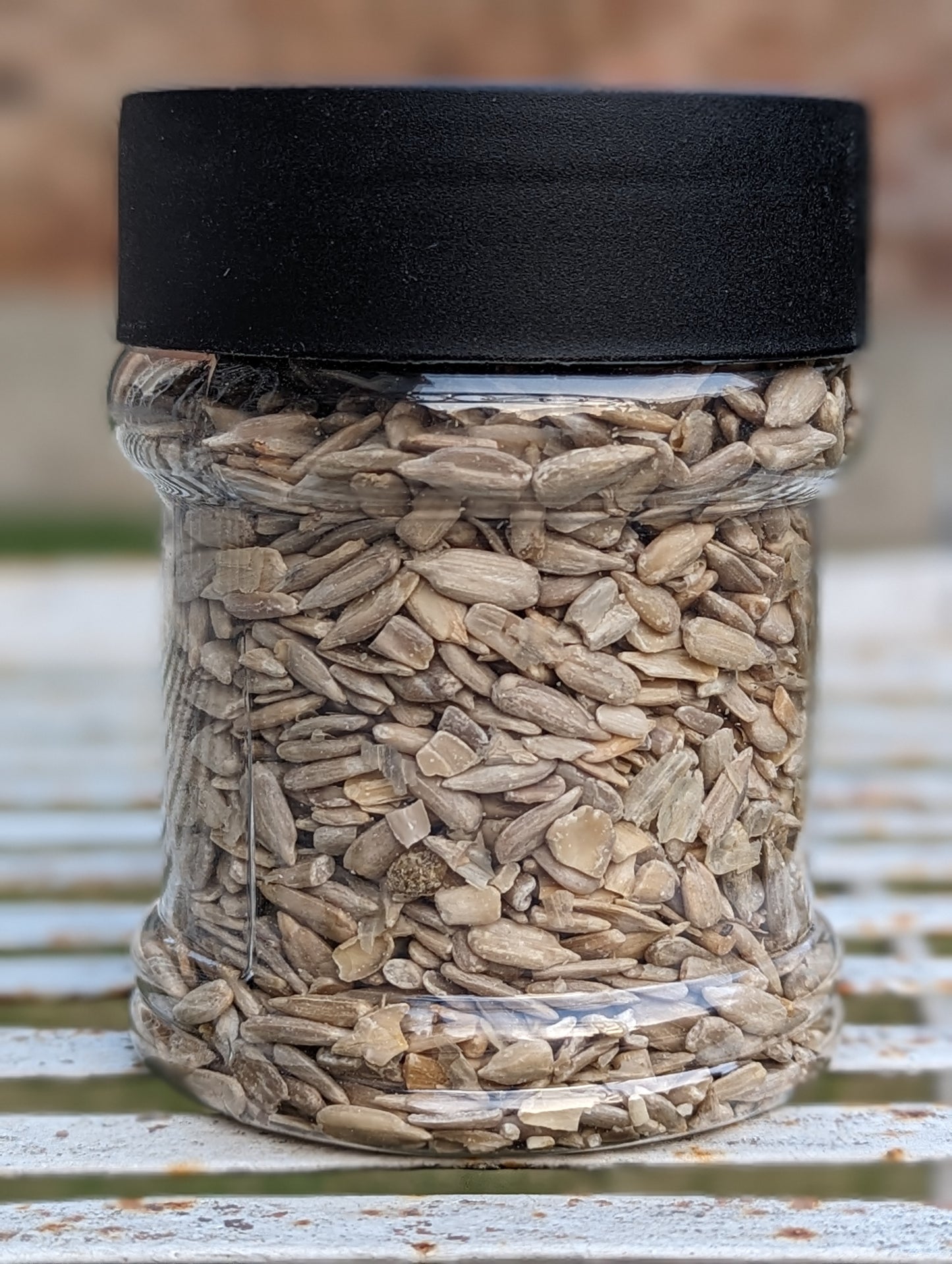Calories In Sunflower Seeds Without Shell
/sunflower-seeds-7934d8023d04493baf8d95512ef4021b.jpg)
Sunflower seeds, a seemingly small snack, pack a significant nutritional punch. But navigating the world of calories, especially when dealing with shelled versus unshelled varieties, can be confusing for health-conscious consumers. Understanding the caloric content and nutritional profile of sunflower seeds without shells is crucial for informed dietary choices.
This article delves into the specifics of calories in sunflower seeds without shells, exploring their nutritional benefits, potential health implications, and how they fit into a balanced diet. We will examine data from reputable sources like the USDA FoodData Central database and nutrition research organizations to provide accurate and comprehensive information.
Caloric Content and Nutritional Breakdown
The caloric content of sunflower seeds without shells is relatively high due to their fat content. A 1-ounce (28-gram) serving of dry roasted sunflower seeds without shells typically contains around 165-170 calories.
This serving size also provides approximately 14 grams of fat, primarily polyunsaturated and monounsaturated fats, which are considered healthy fats. Additionally, sunflower seeds offer about 5.8 grams of protein and 5.5 grams of carbohydrates, including around 2.4 grams of fiber.
Sunflower seeds are also a good source of various vitamins and minerals. They are particularly rich in vitamin E, magnesium, selenium, and copper.
Macronutrient Distribution
The macronutrient distribution in sunflower seeds contributes to their caloric density. The high fat content, while primarily healthy fats, significantly impacts the overall calorie count.
The protein content contributes to satiety and can be beneficial for muscle building and repair. The fiber content aids in digestion and helps regulate blood sugar levels.
Micronutrient Profile
Sunflower seeds boast a remarkable micronutrient profile. Vitamin E acts as an antioxidant, protecting cells from damage.
Magnesium is essential for various bodily functions, including nerve and muscle function, blood sugar control, and blood pressure regulation. Selenium is another antioxidant and plays a role in thyroid hormone metabolism.
Copper is necessary for iron absorption and energy production.
Health Benefits and Considerations
Consuming sunflower seeds in moderation can offer several health benefits. The healthy fats, fiber, and micronutrients contribute to cardiovascular health, improved digestion, and overall well-being.
However, it's important to be mindful of portion sizes due to their high caloric content. Overconsumption can lead to weight gain if not balanced with physical activity and a healthy diet.
Individuals with nut allergies should exercise caution, as sunflower seeds can sometimes trigger allergic reactions, although they are not technically nuts. Additionally, some commercially available sunflower seeds may contain added salt, which can be a concern for individuals with high blood pressure.
Cardiovascular Health
The polyunsaturated and monounsaturated fats in sunflower seeds can help lower bad cholesterol levels and reduce the risk of heart disease. The high levels of vitamin E also contribute to cardiovascular protection.
Digestive Health
The fiber content in sunflower seeds promotes healthy digestion and prevents constipation. Fiber also helps regulate blood sugar levels, which is beneficial for individuals with diabetes or insulin resistance.
Antioxidant Properties
Vitamin E and selenium, both abundant in sunflower seeds, are powerful antioxidants that protect cells from damage caused by free radicals. This can help reduce the risk of chronic diseases, such as cancer and Alzheimer's disease.
Comparison to Other Snacks
Compared to other common snacks, sunflower seeds offer a relatively nutrient-dense option. While they are higher in calories than some fruits and vegetables, they provide a better source of protein, healthy fats, and micronutrients than many processed snacks like chips or crackers.
For example, a 1-ounce serving of potato chips typically contains around 150 calories, with minimal nutritional value. In contrast, the same serving of sunflower seeds provides a wealth of vitamins, minerals, and healthy fats.
However, when compared to other seeds and nuts, such as almonds or chia seeds, sunflower seeds have a different nutritional profile. Almonds, for instance, are also rich in healthy fats and vitamin E, but they contain more calcium and fiber.
Portion Control is Key
Regardless of the snack choice, portion control is essential for maintaining a healthy weight. Opting for a small handful of sunflower seeds instead of a large bag of chips can be a significant step towards a healthier diet.
Reading Labels
When purchasing sunflower seeds, it's crucial to read the nutrition labels carefully. Pay attention to the serving size, calorie count, and sodium content.
Future Trends and Research
Ongoing research continues to explore the potential health benefits of sunflower seeds. Studies are investigating their role in managing inflammation, improving skin health, and even preventing certain types of cancer.
The growing popularity of plant-based diets is also driving increased interest in sunflower seeds as a versatile and nutritious snack. Innovations in processing and flavoring are making them even more appealing to consumers.
Furthermore, sustainable farming practices are becoming increasingly important in the sunflower seed industry. Consumers are seeking products that are not only healthy but also environmentally friendly.
Conclusion
Sunflower seeds without shells are a calorie-dense snack packed with beneficial nutrients. While their caloric content warrants mindful consumption, their healthy fats, protein, fiber, vitamins, and minerals contribute to overall well-being.
By understanding the nutritional profile and practicing portion control, individuals can incorporate sunflower seeds into a balanced diet. As research continues and consumer demand for healthy and sustainable snacks grows, sunflower seeds are poised to remain a popular and nutritious choice.
Remember to consult with a registered dietitian or healthcare professional for personalized dietary advice.
